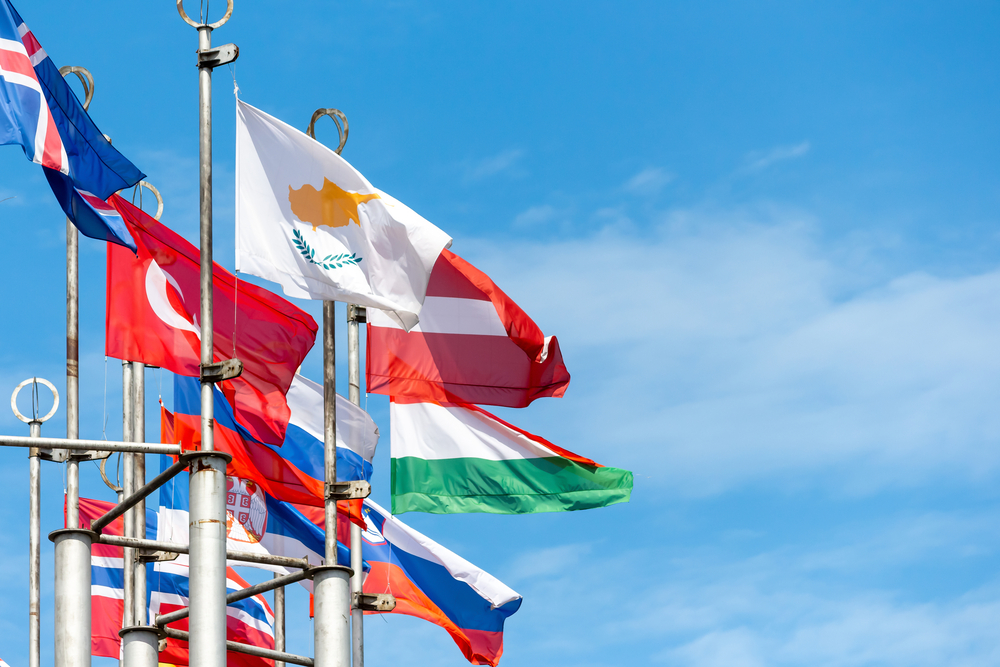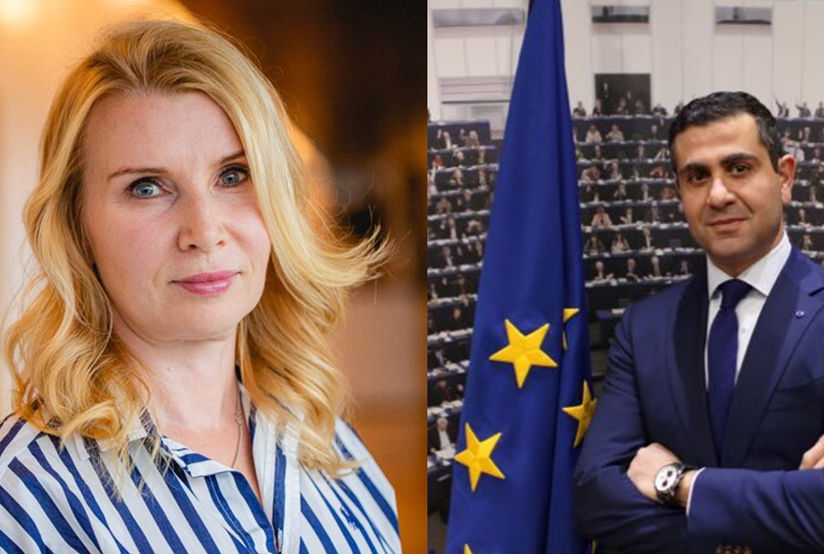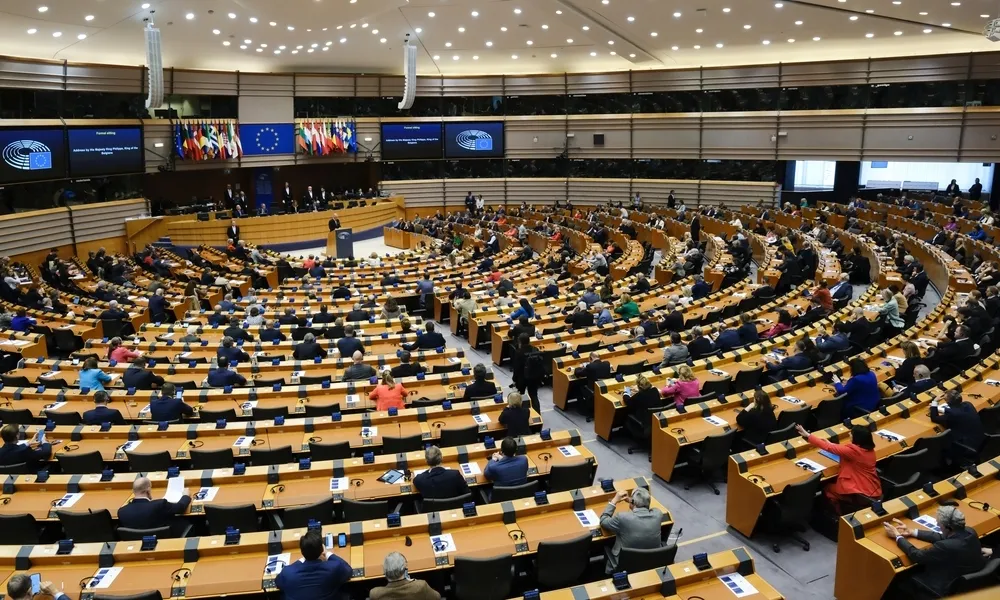The European Union Visitors Programme (EUVP) is a joint initiative of the European Parliament and the European Commission designed to strengthen the EU’s global ties through public diplomacy. Created in 1974, it serves as a platform for dialogue and understanding between the EU and societies in third countries.
The programme operates under strict institutional accountability that ensures transparency in its operations and use of resources. It reports to and is funded by the European Parliament and the European Commission. On the Parliament side, hierarchical responsibility rests with Director-General Sanna Lepola at the Directorate-General for Parliamentary Democracy Partnerships, under the political oversight of First Vice-President Sabine Verheyen. On the Commission side, responsibility lies with the Director for Foreign Policy Instruments Peter Wagner, under the High Representative and Commission Vice-President Kaja Kallas.
A diplomacy of values
“The core aim of the EUVP is to support the Union’s public diplomacy around the world,” says Andreas Kettis, Head of Unit for the EUVP and until recently Head of the European Parliament Liaison Office in Cyprus. By sharing EU know-how, experiences and best practices, he notes, the programme helps to strengthen parliamentary democracy, especially outside the EU, equipping today’s visitors, tomorrow’s political and civic leaders, to apply these lessons at home.
Participants are carefully selected young professionals aged 25 to 40 through EU Delegations and Parliament offices in third countries. They include politicians, journalists, human-rights activists, academics, NGO staff and civil-society leaders, all with potential leadership profiles. After their visit, alumni become local “ambassadors” of European values, passing on what they learned in Brussels and acting as informal diplomatic bridges for the EU.

How the programme works
During a one-week stay in Brussels, and in Strasbourg for those holding political office, visitors meet Members of the European Parliament, Commission officials and experts from EU institutions. “We want every participant to leave with a clear picture of what the EU is, how it works and why it is a model of collective parliamentary democracy,” Kettis says. Beyond Europe, the EU’s structure and functioning have inspired other regional organisations; Kettis cites ASEAN as an example that has drawn on EU features and practices.
Strategic priorities
Kettis says his Unit focuses on high-quality support throughout the visit and on sustained engagement afterwards through an alumni network. This creates a chain of trusted relationships that outlast the programme. “Our alumni are ambassadors of EU principles and values,” he stresses, adding that EU Delegations and Parliament offices worldwide should actively tap this pool of people.
Another priority is better targeting of third countries and international organisations to increase participation, with particular emphasis on Africa, which the EU views as a vital partner. In the EU’s immediate neighbourhood, relationships with countries such as Lebanon and Turkey remain a focus.
Geopolitics and renewal
In a period of global instability and sharper geopolitical divides, DG Director-General Sanna Lepola underscores the EUVP’s value as a pillar of democracy and dialogue. “It is hard to overstate the importance of the EUVP in turbulent times marked by global tension and growing polarisation,” she says, arguing that person-to-person connection builds the strongest bridges.
Lepola describes the EUVP as a “reliable tool” that supports democracy worldwide while advancing the European project. The world has changed profoundly since 1974, she notes, and so has the EU. In this context, she announces that Andreas Kettis will oversee an in-depth modernisation of the EUVP to strengthen its structure and global reach, with her full support.

Beyond the passport
As a Cypriot in an EU leadership post, Kettis avoids national alignment in his professional role. “We all leave our national passports outside our office doors,” he says. “I am not here to serve my country’s interests or those of any other member state. I serve the European general interest.” His mandate, both in the European Parliament’s Secretariat and now as Head of this unique inter-institutional Unit, is to advance that interest in line with the priorities of the two institutions to which the EUVP reports.
At the same time, he recognises the value of small member states being represented in positions of responsibility. It is harder, he says, for officials from smaller countries like Cyprus to reach pivotal roles within the institutions, and when they do, the honour and pride naturally reflect back home.
Kettis believes the Cypriot government can make a positive impact by prioritising the recruitment of more Cypriots into EU institutions. Doing so, he argues, would help cultivate a broader European political culture on the island.
